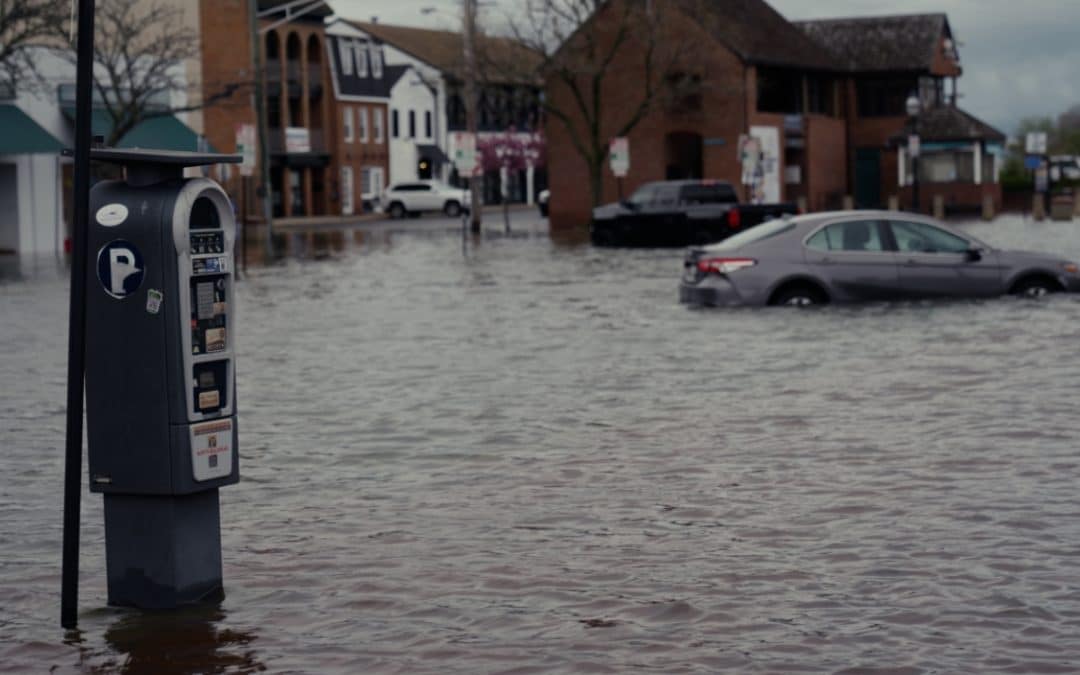How Smart Insurance Companies Are Using AI to Cut Premiums During Climate Change
In an era where climate change increasingly impacts our daily lives, the insurance industry is undergoing a remarkable transformation. Through the convergence of artificial intelligence, climate science expertise, and innovative insurance models, we’re witnessing a revolution in how risks are assessed, and communities are protected. Let’s explore how this technological evolution is reshaping insurance in 2025 and beyond.
Here’s a great resource to find new developments for 2025
The Growing Climate Challenge in Insurance
The insurance landscape faces unprecedented challenges as climate-related disasters become more frequent and severe. Recent events, particularly the devastating California wildfires of 2025, have highlighted the urgent need for innovation in risk assessment and coverage models.
Traditional insurance approaches are struggling to cope with the following:
- Exponentially increasing claim volumes that stretch from thousands to billions of dollars, forcing insurers to reimagine their risk assessment models and coverage strategies
- Rapidly evolving risk landscapes that require real-time monitoring and dynamic policy adjustments to maintain effective coverage
- Complex predictive challenges that demand sophisticated technological solutions to accurately forecast and mitigate potential disasters
The Climate Science Revolution in Insurance
Modern insurers are now partnering with climate scientists to develop more sophisticated and accurate risk assessment models. This collaboration brings powerful new insights to the insurance industry through:
Advanced Weather Pattern Analysis
Climate scientists utilize state-of-the-art meteorological modeling to provide insurers with detailed long-term weather pattern predictions. These models incorporate decades of historical data alongside current atmospheric conditions to generate highly accurate forecasts.
Disaster Behavior Mapping
Through intensive study of natural disaster patterns and behaviors, scientists help insurance companies understand how climate-related events might unfold in specific geographic areas. This knowledge enables more precise risk zone identification and targeted prevention strategies.
AI Technology: Revolutionizing Insurance Risk Assessment
Artificial intelligence has emerged as a robust force in modern insurance. Today’s AI systems bring unprecedented capabilities to risk assessment and claims processing:
Real-time Data Processing
Modern AI platforms can analyze vast amounts of climate and environmental data in real-time, enabling:
- Instant risk assessment updates based on changing conditions
- Automated policy adjustments to reflect current risk levels
- Predictive modeling for potential disaster scenarios
- Enhanced customer communication during high-risk periods
Success Story: AI’s Impact During the 2025 California Wildfires
The implementation of AI-powered systems during recent California wildfires demonstrated remarkable results:
- Early warning systems provided communities with crucial extra hours for evacuation
- Smart evacuation routing reduced traffic congestion
- Automated claims processing reduced response times
- Predictive modeling helped prevent greater potential losses
Innovative Insurance Models for Climate Challenges
The industry is developing new insurance products specifically designed to address climate-related risks:
Parametric Insurance Solutions
This revolutionary approach uses smart contracts to automate claim payments based on predefined triggers:
- Immediate payment processing when specific conditions are met
- Elimination of traditional claims assessment delays
- Transparent and objective payout criteria
- Reduced administrative costs and improved efficiency
AI-Enhanced Traditional Coverage
Traditional insurance policies are being upgraded with AI capabilities to provide:
- Dynamic premium adjustments based on real-time risk data
- Personalized coverage recommendations
- Proactive risk mitigation guidance
- Streamlined claims processing
Building a Resilient Future Through Collaboration
The future of climate-resilient insurance relies on strong partnerships between:
- Insurance providers implementing cutting-edge technology
- Climate scientists providing expert analysis and predictions
- Technology companies developing innovative solutions
- Local communities participating in prevention and preparation
Action Steps for Stakeholders
For Property Owners
Take these essential steps to protect your assets:
- Review your current insurance coverage against emerging climate risks
- Explore AI-enhanced policy options with your insurance provider
- Implement recommended safety measures based on risk assessments
- Stay informed about climate risks in your area
For Insurance Providers
Prepare your organization for the future:
- Invest in AI technology and data analytics capabilities
- Establish partnerships with climate science experts
- Develop innovative insurance products for emerging risks
- Focus on preventive measures and community education
Embracing the Future of Insurance
As we face the challenges of climate change, the insurance industry continues to evolve through technology and expertise. The combination of artificial intelligence, climate science, and innovative coverage models creates a more resilient and responsive insurance ecosystem.
Ready to protect your assets with cutting-edge insurance solutions? Contact your insurance provider today to learn about AI-enhanced coverage options and comprehensive climate risk assessment.
Questions? Contact a Weather and Climate Expert

